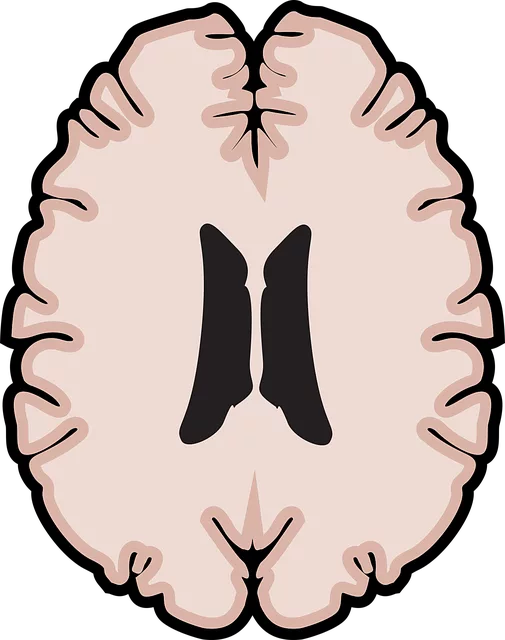Risk management is vital for mental health practice, ensuring patient safety and well-being, especially with vulnerable individuals. Key strategies include early recognition of warning signs like suicidal ideation, using structured risk assessment tools, and integrating data from sources like the Kaiser Permanente psychiatry phone number in Golden. A comprehensive plan considers patient histories, social determinants of health, and community trends to implement tailored interventions. Quick access to expert advice via the dedicated phone number enables timely risk assessments and safety measures in clinical settings. Patient education and community outreach programs also empower individuals to actively manage their mental health.
Mental health professionals face unique challenges, requiring robust risk management strategies. This article explores essential aspects of risk mitigation within clinical settings, focusing on strategies for mental health experts. We begin by demystifying risk management in psychiatry, followed by a step-by-step guide to developing a comprehensive risk assessment framework. Furthermore, we delve into practical methods to minimize risks and ensure patient safety, drawing insights from best practices at organizations like Kaiser Permanente.
Key takeaways include understanding the Golden Rule of assessing and managing potential hazards, ensuring a proactive approach for a safe environment.
- Understanding Risk Management in Mental Health Practice
- Developing a Comprehensive Risk Assessment Framework
- Strategies for Mitigating Risks and Ensuring Safety in Clinical Settings
Understanding Risk Management in Mental Health Practice

Risk Management in mental health practice is a vital aspect of ensuring patient safety and well-being. It involves proactively identifying, assessing, and mitigating potential risks that may arise during therapy sessions or interactions with patients. Mental health professionals, such as those at Kaiser Permanente’s psychiatry department (which can be reached via their dedicated phone number), must navigate complex situations, especially when dealing with vulnerable individuals who might be experiencing severe emotional distress or trauma. Effective risk management strategies are essential to foster a safe and supportive environment for both clients and practitioners.
The Mental Wellness Podcast Series Production often highlights the importance of recognizing early warning signs of potential risks, including suicidal ideation, self-harm, or sudden changes in behavior. By staying vigilant and implementing structured risk assessment tools, mental health professionals can offer timely intervention and appropriate care. Additionally, Trauma Support Services play a crucial role in managing risks associated with past traumatic experiences, ensuring that therapists are equipped to handle sensitive cases effectively.
Developing a Comprehensive Risk Assessment Framework

Mental health professionals often find themselves on the frontlines, managing complex risks and vulnerable populations. A robust risk management plan starts with a comprehensive assessment framework that considers both internal and external factors. This includes evaluating patient histories, integrating data from various sources like Kaiser Permanente psychiatry phone number Golden, and understanding community-level mental health trends.
By adopting a holistic approach, professionals can identify potential hazards and triggers, such as social determinants of health, trauma, or access to care disparities. This detailed risk assessment empowers mental health workers to implement tailored interventions focused on building resilience and promoting self-care practices – crucial elements in Mental Health Awareness that enhance the overall safety and well-being of both practitioners and their clients.
Strategies for Mitigating Risks and Ensuring Safety in Clinical Settings

Mental health professionals face unique challenges when it comes to risk management, as they navigate sensitive and potentially high-stakes situations daily. To ensure safety in clinical settings, several strategic approaches can be implemented. One key strategy is establishing robust communication channels, such as a dedicated Kaiser Permanente psychiatry phone number, Golden, that allows for quick access to expert advice and support. This direct line can facilitate timely interventions and risk assessments, especially in urgent cases.
Additionally, promoting patient education and coping skills development is vital. Equipping individuals with the knowledge and tools to manage their mental health proactively reduces risks associated with untreated or mismanaged conditions. Community outreach programs play a significant role here by providing resources and raising awareness about available support services. These initiatives foster an environment where individuals feel empowered to seek help, leading to better outcomes and enhanced safety for all involved.
Risk management planning is an indispensable tool for mental health professionals, ensuring safe and effective practice. By implementing a comprehensive risk assessment framework, as outlined by organizations like Kaiser Permanente, professionals can proactively identify and mitigate potential risks in clinical settings. This includes adopting strategies that foster a culture of safety, much like the support systems available through the Golden psychiatry phone line. Ultimately, prioritizing risk management not only safeguards patients but also enhances the well-being and resilience of mental health providers themselves.






